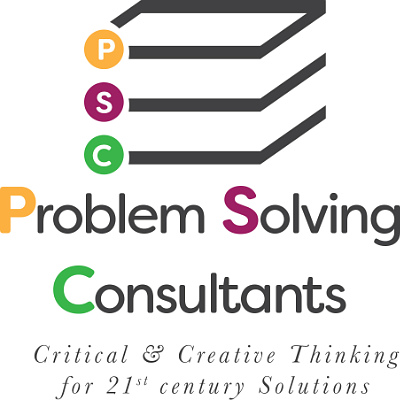Let’s be honest. Ignorance is not bliss. Nor is it the negative connotation that most people get when we use the word. Ignorance, in the context I’m using it, means not having the skill set or the mind set to tackle the persistent personnel issues hurting your organization. So own your ignorance to the extent that you acknowledge that you have neither the time nor the skills to personally address the issues. Unless you’re willing to expend both time and effort to become a professional problem solver you’re going to have to have the courage and grace to accept help from others.
Now to change the ignorance and become wise – professional problems solvers have no agenda other than helping you resolve the issues which you’ve identified. An additional advantage to using the problem solver is that they may be able to identify the real source of the problem rather than focus just on the symptoms. Accepting help from others won’t diminish your authority or influence within the organization. Can you imagine the positive impact upon your staff? It enhances your leadership by letting others know that you’re comfortable calling upon others with better developed problem resolution skills than yours. It showcases your decision making skills while also demonstrating the importance you place on people. Having the problems resolved once and for all can only enhance people’s work experience and eventually the organization’s success.
Lesson to be taken from all this? Accept that you can use the help of a professional problem solver and gain the experience and knowledge needed to become wise. Everyone comes out a winner.
